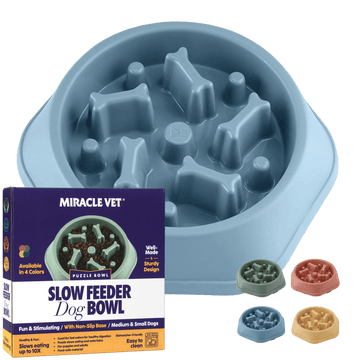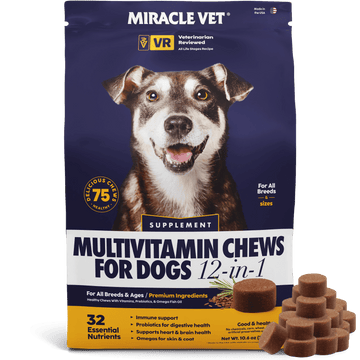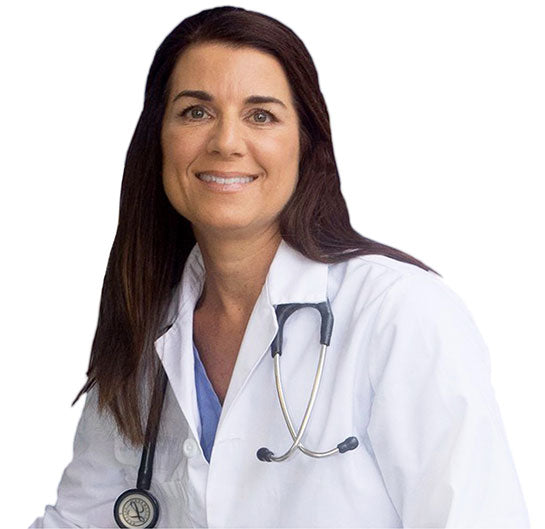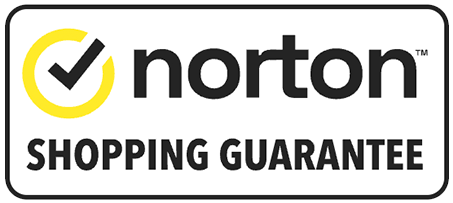Finding the ideal diet for your cat can be difficult, cats are very different and some will have preferences on how they prefer to eat and what they like. Both wet and dry cat food can be healthy options for your cat, and it ultimately depends on your cat's individual needs and preferences.
Wet cat food
Pros:
- High moisture content: Wet cat food has a high moisture content, which can help keep your cat hydrated and prevent urinary tract issues.
- Palatable: Wet cat food is often more palatable and flavorful than dry food, which can be appealing to picky eaters.
- Variety: Wet cat food comes in a variety of textures and flavors, allowing you to find a food that your cat enjoys.
Cons:
- Short shelf life: Wet cat food has a shorter shelf life than dry food once opened and can spoil quickly.
- Expensive: Wet cat food can be more expensive than dry food, especially if your cat requires a specialized diet. This also includes shipping prices as wet food is heavier per portion so can be more expensive to buy in. You can get around this with dehydrated pet food so you don’t pay to ship the water and make up a fresher batch at home.
- Dental health: Wet cat food does not promote dental health, and cats may need additional dental care if fed exclusively wet food.
Dry Cat Food
Pros:
- Convenient: Dry cat food is easy to store, measure, and serve, making it a convenient option.
- Dental health: Dry cat food can help promote dental health by cleaning the teeth and preventing tartar buildup.
- Affordable: Dry cat food is often more affordable than wet food, and there are many options available at different price points.
Cons:
- Low moisture content: Dry cat food has a low moisture content, which can lead to dehydration and urinary tract issues if your cat doesn't drink enough water.
- Palatability: Some cats may find dry cat food less palatable and flavorful than wet food, leading to a loss of appetite.
- Quality: Some dry cat food may contain lower-quality ingredients and fillers, so it's important to choose a high-quality brand.
Ideally, a mix of both wet and dry cat food can be a healthy option for your cat, but anyone who owns a cat knows they can be very fussy eaters and some would rather starve than eat something they don’t like so testing a few types of food or mixes is good. It's also important to choose a high-quality brand and provide your cat with fresh water at all times.
The best diet for a cat is one that is well-balanced and meets all of their nutritional needs. Cats are obligate carnivores, which means that they require a diet that is high in protein and fat, and low in carbohydrates.
Your Cat’s Diet should include:
- Protein: Cats require a high level of protein in their diet to maintain muscle mass, healthy skin and coat, and support overall growth and development.
- Fat: Fats are an important source of energy for cats, and also play a role in supporting healthy skin and coat, as well as the absorption of certain vitamins.
- Carbohydrates: While cats do not require carbohydrates in their diet, they can still benefit from small amounts of complex carbohydrates like whole grains, fruits, and vegetables for fibre and other nutrients.
- Vitamins and minerals: Cats require a range of vitamins and minerals in their diet to support various bodily functions, such as bone health, immune function, and energy production.
It's important to choose good quality natural cat food containing all these essential nutrients. Look for a cat food that has a fresh source of protein as the first ingredient, such as chicken, fish, or beef, and avoid cat foods that contain a lot of fillers or by-products.
We recommend our Chicken and Risotto Wet Cat food and topper, packed with the right balance of nutrients for your cat with real chicken being the main protein source. Adding water to make up this fresh food means it lasts longer as well as providing essential nutrients and hydration in a tasty food even the fussiest cat will love.
It's also important to monitor your cat's weight and adjust their diet as needed. Obesity is a common issue in cats, and can lead to a range of health problems.
Feeding your cat the appropriate portion sizes based on their age, activity level, and weight can help maintain a healthy weight. This can be particularly difficult with indoor cats who won’t roam and burn as many calories as an outdoor cat.
Can Cats Eat Human Food?
Cat food is developed for your cat's nutritional needs therefore you should not feed your cat a diet that consists entirely of human food. This can lead to nutrient deficiencies and health problems. Some human foods can also be toxic to cats, such as chocolate, onions, and garlic.
Cats can eat some human foods, but it's important to know which ones are safe and in what quantities. Some human foods can be toxic to cats, so it's important to be cautious.
Human foods that are safe for cats in moderation:
- Cooked meat: Plain cooked meats like chicken, turkey, and beef can be a good source of protein for cats.
- Fish: Small amounts of cooked fish are safe for cats to eat. However, cats should not eat raw fish as it can contain harmful bacteria and parasites.
- Fruits and vegetables: Small amounts of fruits and vegetables like blueberries, strawberries, pumpkin, and carrots can be a healthy addition to a cat's diet.
- Dairy: Cats can consume small amounts of plain, unsweetened dairy products like yogurt or cheese. However, most cats are lactose intolerant, so it's important to monitor their reactions.
Human foods that are toxic to cats and should be avoided:
- Onions and garlic: These foods contain compounds that can damage a cat's red blood cells, leading to anemia.
- Chocolate: Chocolate contains a compound called theobromine, which is toxic to cats and can cause vomiting, diarrhea, and even death in severe cases.
- Grapes and raisins: These foods can cause kidney failure in cats.
- Avocado: Avocados contain a toxin called persin, which can be harmful to cats.
- It's important to note that cat food is specifically formulated to meet all of a cat's nutritional needs, so it's best to limit human food as treats or supplements to their regular diet. If you have concerns about your cat's diet, it's always a good idea to consult with a veterinarian.
If you have concerns about your cat's diet, it's always a good idea to consult with a veterinarian. They can help you choose a high-quality cat food and provide advice on your cat's specific nutritional needs.










